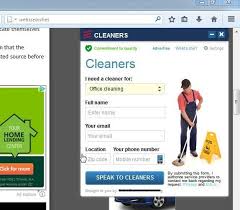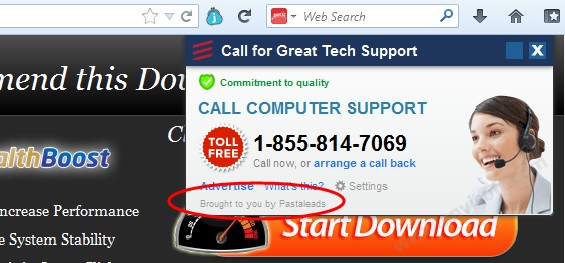Local Teens Exchanging Topless Photos Like Playing Cards
- Published in Hosting & Internet
- Written by Top Speed
- Be the first to comment!
Welcome to your next parental nightmare! Boys at one local Reno high school, are reportedly coaxing topless photographs out of high school girls then trading and collecting them like baseball cards. This information has been brought to us by a high school student's parent who says her son informed her of the trading game. It is unclear if the school's administration is aware this game is going on.
As parents we know that sexting is a serious problem and do the best we can to dissuade girls from turning themselves from young women into mere sex objects, but this account takes the issue to a level only seen in a handful of cases, like the Vermont Sexting Ring. Not only are these girls sharing naked photographs with one boy, possibly believing that he will keep it to himself, they are literally sharing it with most of the boys in the school and depending on the true extent of this game perhaps across multiple local high schools.
This is hardly the first case of mass sharing of sexually explicit images between teenagers, but what neither girls nor boys seem to understand are the consequences that can come down on them for this behavior. There are numerous charges that can be, and in various jurisdictions have been, levied against those participating that could them cause harm for years to come:
- making child exploitation material
- possession of child pornography
- distribution of child pornography
While all states have laws in regards to child pornography, there are also federal laws which speak directly to the involvement of the Internet in these cases, "...federal jurisdiction almost always applies when the Internet is used to commit a child pornography violation." So emailing that picture a boy received to a couple of friends would be distribution of child pornography using the Internet.
From the US DOJ website in discussing the consequences of sexting:
"Youth who sext may face charges of producing, possessing, and / or distributing child pornography. For example, if Sue takes a nude picture of herself and sends it to John, she may be charged with the production and distribution of child pornography. If John forwards the image to Tim, John may be charged with the possession and distribution of child pornography. As long as the image circulates, anyone with it may face charges."
Unlike many states the federal laws do not make exceptions for minor's "sexting". The reason there is no exception and really shouldn't be an exception at the state level, is consider the above scenario, now Tim has the picture, Tim posts it to Facebook where it is likely reported and taken down quickly, or Twitter where pornography is not against the terms of service, so it takes longer to be removed as it first has to be reported as child pornography. How many pedophiles were trolling the Internet looking for pictures just like Sue's while the reporting/ removal process was going on, and now that they've saved her nude picture, how many other pedophiles to you think they'll be sharing it with? Or worse how many pedophiles are now trying to learn more about Sue to reach out to her themselves?
The consequences for this lapse in judgement could go on for years and for some they may struggle to ever recover from one bad decision. Sadly a number of kids have gone so far as to take their own lives after sexting has gone wrong. Take 13 year old Hope Witsell who had "sexted" a picture to her boyfriend. Another girl from her school "got her hands on the photo" and send to 6 other schools in the area. A few months after the picture was made public Hope took her own life.
Talk to you kids about the potential consequences for participating in anyway with the sharing of child pornography.


 On the heels of our recent story about the pseudo anonymity on the Internet and the general belief that you can do / get away with almost anything on the Internet, comes a story from Pennsylvania and a 14 year old boy who's alter ego's name is Jessica Carabello.
On the heels of our recent story about the pseudo anonymity on the Internet and the general belief that you can do / get away with almost anything on the Internet, comes a story from Pennsylvania and a 14 year old boy who's alter ego's name is Jessica Carabello.
 We've all become accustomed to seeing ads on websites. Some sites are slowed down as ads continually load on multiple sides. This is most evident on sites our kids frequent and frequently complain about, like
We've all become accustomed to seeing ads on websites. Some sites are slowed down as ads continually load on multiple sides. This is most evident on sites our kids frequent and frequently complain about, like 






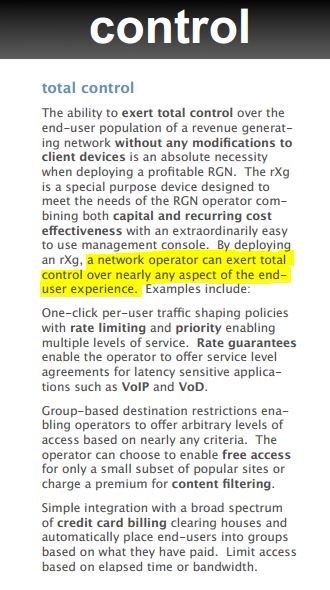

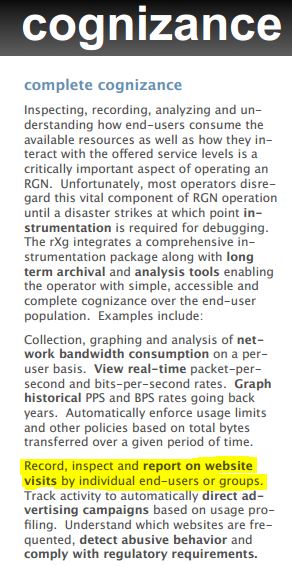
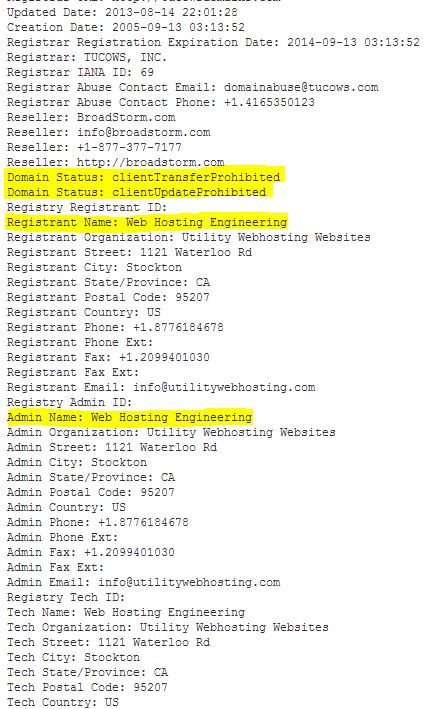
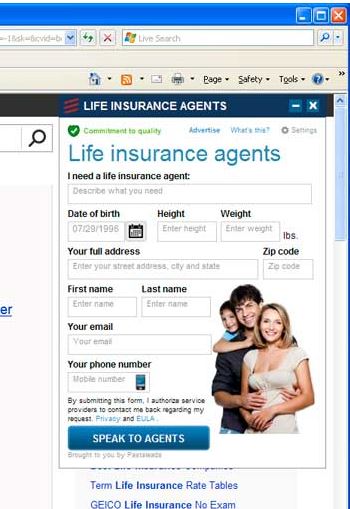 PastaLeads is one of the most annoying Adware out there. This isn't the kind of infection that just slows down your computer, this nasty piece of Adware creates a Windows service that constantly runs in the background and as if that weren't bad enough if also configures your web browser to use a proxy server.
PastaLeads is one of the most annoying Adware out there. This isn't the kind of infection that just slows down your computer, this nasty piece of Adware creates a Windows service that constantly runs in the background and as if that weren't bad enough if also configures your web browser to use a proxy server.